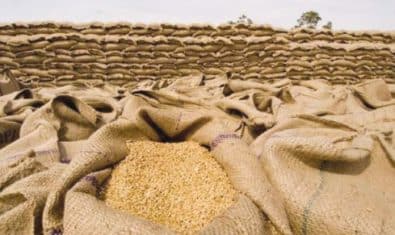The Pakistan Institute of Education (PIE), in a significant collaborative effort with the FCDO-funded Data and Research in Education – Research Consortium (DARE-RC) led by the Oxford Policy Management (OPM) along with the Aga Khan University’s Institute for Education Development (AKU-IED) and Sightsavers International, successfully conducted a two-day national workshop titled “Evidence Landscape of Pakistan: Mapping Gaps and Identifying Existing Evidence.”
Mohayyuddin Ahmad Wani, Special Secretary, Ministry of Federal Education & Professional Training, inaugurated the event, stressing the necessity of scientific rigour and inclusive, evidence-based decision-making. “Success showcased through evidence and rigour leads to better education outcomes,” he noted.
Dr. Shahid Soroya, Director General of PIE, expressed gratitude for the collaborative efforts between OPM and PIE, underscoring the vital role of expert participation in policy deliberation and recommendations.
The workshop’s inaugural session featured welcoming remarks from Saima Anwer, Acting Education Team Lead at FCDO Pakistan, and Harris Khalique, Programme Director of DARE-RC. Anwer highlighted the workshop’s role in fostering a convergence of research producers and users, emphasizing its significance in shaping practical policy decisions in education. Khalique said that the workshop provides an excellent opportunity for stakeholders to collaborate on evidence-based policymaking, which is essential for educating every child.
Participants, including federal, provincial and Gilgit Baltistan government representatives from education departments along with leading academics from mostly public and some private universities across Pakistan, engaged actively in the workshop. Notable contributions came from Dr. Alia Aslam of Sardar Bahadur Khan University, Balochistan, and Asif Aqeel of the Lahore School of Law, representing the Christian community. They highlighted the significance of bridging academia with government sectors for impactful research, particularly in marginalized contexts.
Dr. Stephen John from Sindh Madrasatul Islam praised the workshop for its informative sessions on data utilization, while Dr. Sonia Umar of Punjab University termed it “very productive and fruitful”.
Acknowledgment of the workshop’s role in facilitating a collaborative discussion on the challenges and recommendations for evidence-based-policy-development also came from Dr. Asif Khan, Dean of Karakoram International University, Gilgit-Baltistan, and Dr. Muhammad Ilyas Khan of Hazara University, Khyber Pakhtunkhwa.
This workshop marks a pivotal step towards enhancing evidence-based educational policy-making, a collaborative effort that promises to shape the future of education in Pakistan.





















